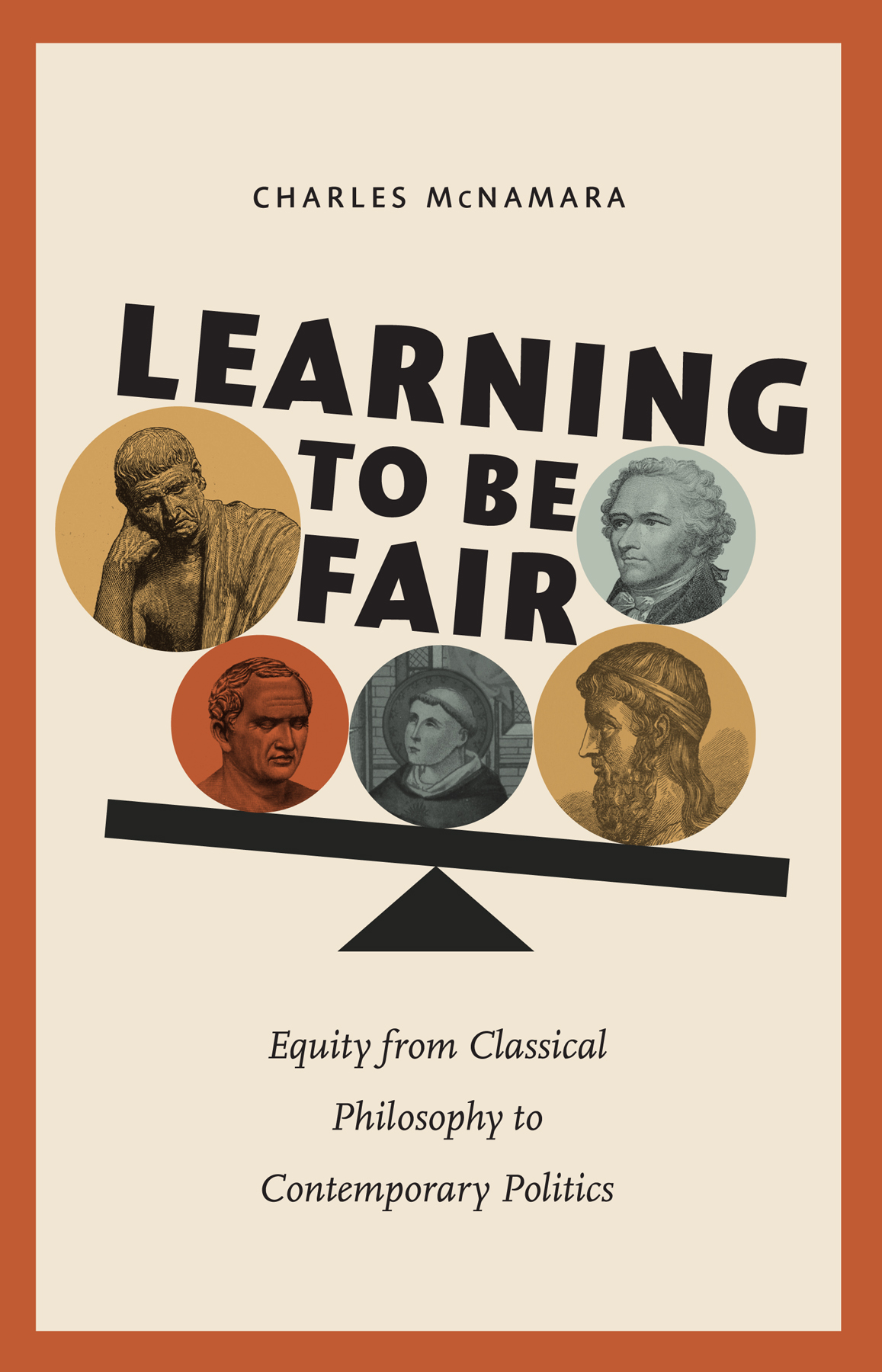

Most ebook files are in PDF format, so you can easily read them using various software such as Foxit Reader or directly on the Google Chrome browser.
Some ebook files are released by publishers in other formats such as .awz, .mobi, .epub, .fb2, etc. You may need to install specific software to read these formats on mobile/PC, such as Calibre.
Please read the tutorial at this link: https://ebookbell.com/faq
We offer FREE conversion to the popular formats you request; however, this may take some time. Therefore, right after payment, please email us, and we will try to provide the service as quickly as possible.
For some exceptional file formats or broken links (if any), please refrain from opening any disputes. Instead, email us first, and we will try to assist within a maximum of 6 hours.
EbookBell Team

5.0
78 reviewsThe language of "equity" saturates our contemporary culture. Human-resources departments lead workshops on "diversity, equity, and inclusion." Progressive politicians promise "equity" in everything from housing to healthcare, while their conservative counterparts decry "equity" as a modern invention and a rejection of classical, Western culture's moral principles. Learning to Be Fair shows that nothing undermines that objection more than reading the foundational texts of Western moral philosophy.
Despite its newfound popularity (or infamy), the concept of equity is in fact one of the oldest, most durable principles of Western ethics. In Learning to Be Fair, Charles McNamara excavates the ancient origins of equity in classical Greek and Roman thought and traces their influence on lawyers, philosophers, America's Founding Fathers, and our contemporary culture. He shows how this history connects current debates about the role of equity to long-standing ethical...